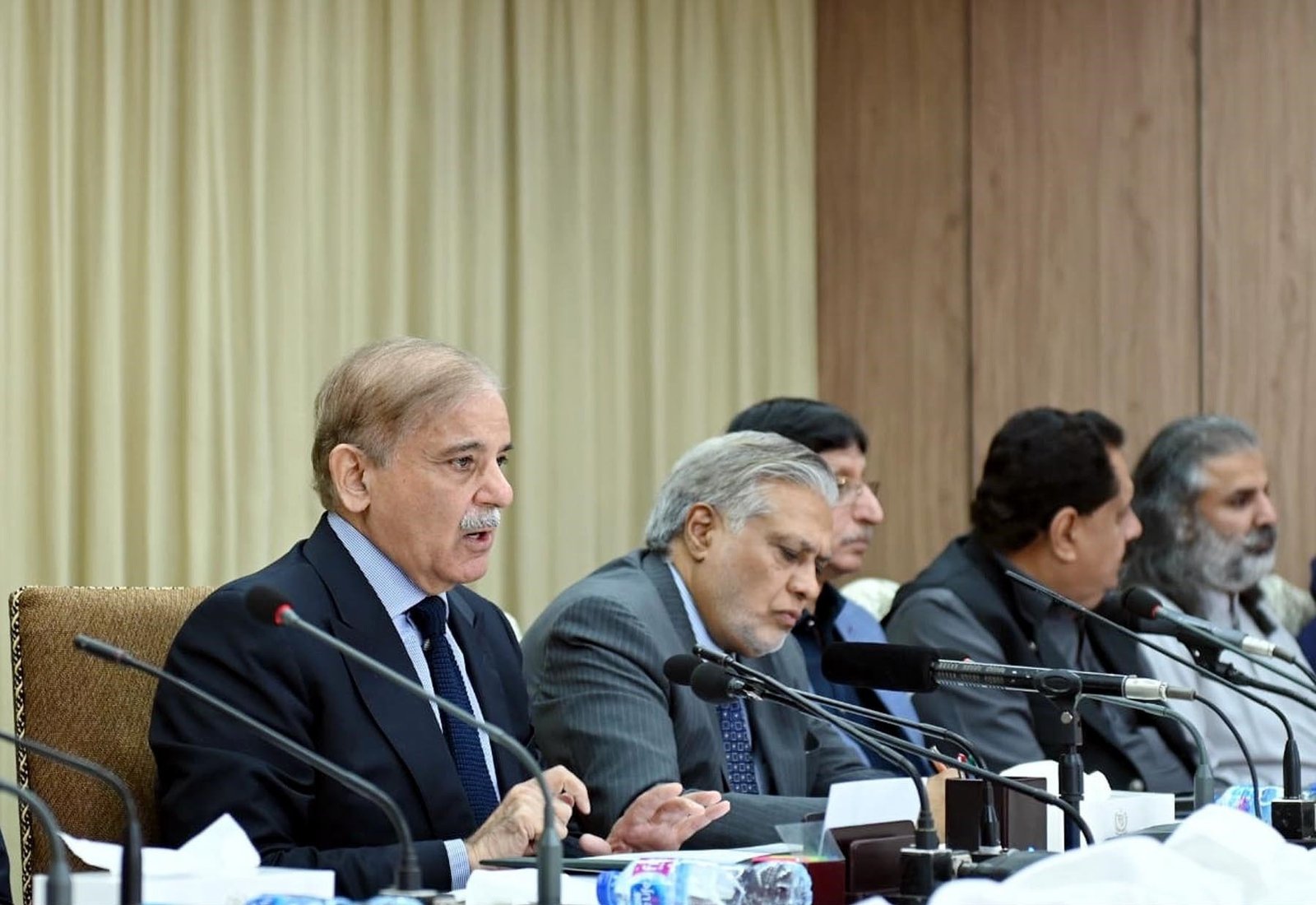The Auditor General Report controversy has shaken Pakistan’s political and financial circles after it cited an astonishing figure of Rs375 trillion in alleged financial irregularities. What initially appeared to be a simple error is now being framed as a calculated move to undermine the government. Officials insist this was more than a clerical mistake; they believe the scandal was deliberately orchestrated to damage the credibility of both the ruling coalition and the institutional framework.
Origins of the Auditor General Report Controversy
The Auditor General Report controversy began when a report highlighted alleged financial irregularities worth Rs375 trillion (Rs375,000 billion). To put this into perspective, Pakistan’s GDP in 2024 was around $375 billion, meaning the figure mentioned in the report exceeded the entire economy many times over. This raised immediate red flags and prompted questions about how such an astronomical number could have made it into an official audit.
Initially, the Auditor General’s office defended the report, calling it accurate and legitimate. However, weeks later, it conceded that typographical errors were present. By then, political narratives had already taken shape, and government officials suspected foul play.
Allegations of a Deliberate Scandal
According to government sources, the Auditor General Report controversy was not an accident but a deliberate attempt to scandalize the administration. Officials allege that a senior audit officer with political leanings manipulated figures to create chaos. Intelligence assessments claim the officer maintained close ties with a political party and was once supported by a powerful intelligence chief.
The allegations go further, suggesting that like-minded officers were strategically placed in key audit positions. Their role, according to sources, was to expand audit inquiries beyond legal mandates and frame reports that could be politically weaponized. This tactic not only targeted federal departments but also extended to provincial governments and high-profile national projects.
Political Dimensions of the Auditor General Report Controversy
The Auditor General Report controversy comes at a time when Pakistan’s political climate is already fragile. With inflation hovering around 27% in mid-2025 and rising external debt of over $130 billion, public trust in the government remains shaky. The Rs375 trillion figure quickly fueled opposition rhetoric, portraying the government as financially reckless.
Political analysts argue that such a controversy plays directly into the hands of opposition parties, who often rely on allegations of corruption to weaken ruling coalitions. Government officials believe the timing of the scandal, just months ahead of crucial policy decisions on IMF negotiations and budget reforms, was intentional.
Institutional Concerns and Internal Issues
Beyond politics, the Auditor General Report controversy highlights deeper institutional problems. The Auditor General’s office has faced criticism for internal decisions such as approving unauthorized special allowances for its officers. Though these allowances were later reversed by the Finance Division, they raised questions about internal accountability within the audit authority itself.
Furthermore, intelligence reports warn that sensitive audit records have been hoarded by the implicated officer. These documents, spanning both past and current governments, could be leaked selectively to damage political reputations at critical times. Such practices undermine the credibility of state institutions tasked with ensuring transparency.
Broader Implications for Governance
The Auditor General Report controversy underscores how state institutions can be weaponized for political gain. When an audit report cites figures that dwarf the national economy, it not only discredits the government but also shakes investor and public confidence. This has broader implications for governance, economic stability, and Pakistan’s ability to negotiate international financial support.
Transparency International’s 2024 report already ranks Pakistan at 133 out of 180 countries in terms of corruption perception. Incidents like this only reinforce skepticism around institutional impartiality and raise concerns about governance practices.
The Road Ahead
Moving forward, the government is likely to push for reforms in how audit reports are compiled, reviewed, and released. Analysts suggest introducing multi-layered verification mechanisms before reports are published to prevent exaggerated or manipulated figures from entering the public domain.
At the same time, political stakeholders must resist the temptation to exploit the Auditor General Report controversy purely for short-term gains. Instead, a bipartisan approach to strengthen audit institutions could restore credibility and prevent future scandals.
The Auditor General Report controversy surrounding the Rs375 trillion scandal is more than just a clerical mishap. It reflects the dangerous intersection of politics, institutional manipulation, and governance challenges in Pakistan. Whether or not deliberate sabotage is proven, the incident exposes systemic weaknesses that demand urgent reform. For Pakistan, ensuring transparency in audit practices is not just about correcting numbers — it is about rebuilding public trust in the very institutions that safeguard accountability.



